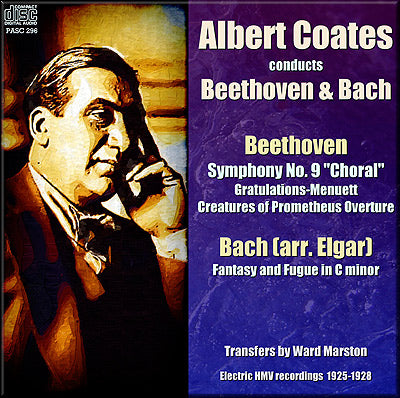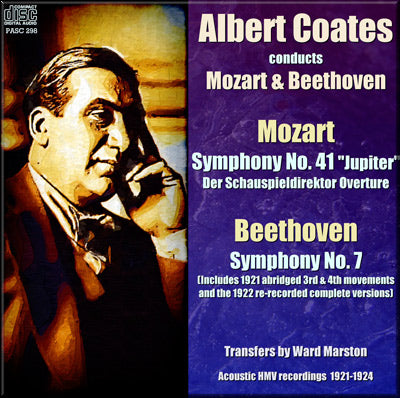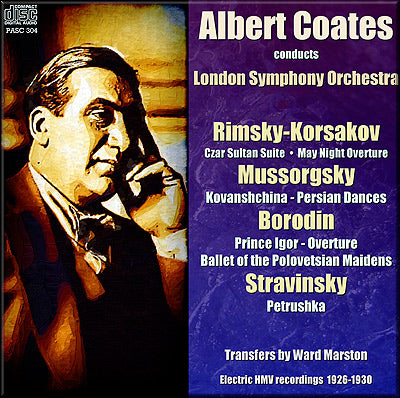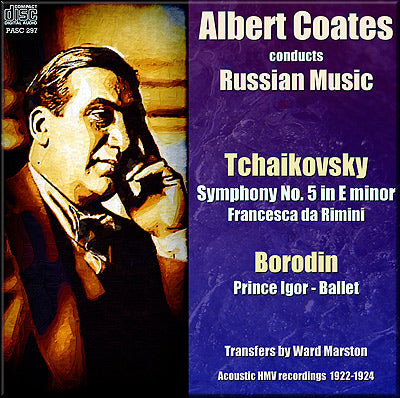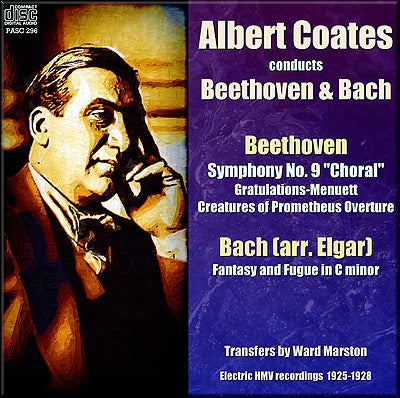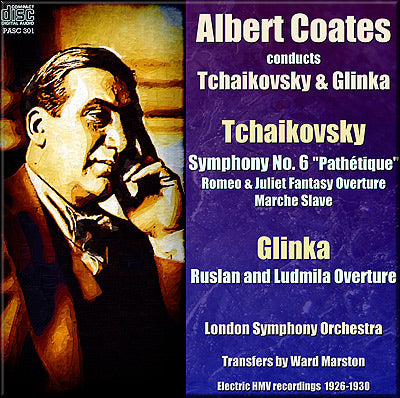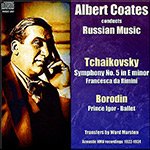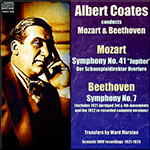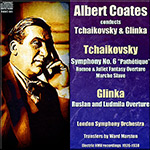Albert Coates - one of the great pioneering British conductors
Beginning our Coates season from Ward Marston
Introduction to our Albert Coates series:
About five years ago I travelled to the UK for a couple of days in order to meet up with the then editor of Gramophone (and now editor-in-chief), James Jolly. The main subjects of discussion were proposals for the Gramophone website and the possibility of a tie-in with the National Gramophonic Society recordings, a good number of which Gramophone had in storage with EMI.
At the end of our long lunch, with various ideas talked through, our discussion started to range a little wider, and James touched on a name he was really keen to hear more of: Albert Coates. I must admit that at the time I had very little awareness of Coates, but some research revealed him to be one of the greatest and most forward-looking British conductors of his day, a leading Wagnerian, and perhaps as a result of being Russian-born (to an English father), someone with a strong affinity to Russian music.
In 1919 he was appointed chief conductor to the London Symphony Orchestra, and began to make recordings with them for the Columbia Record Company in London. However, a decision by Coates to switch allegiances to HMV a couple of years later led to a number of recordings coming out during the 1920s listing him as conductor of an anonymous orchestra - which was almost certainly comprised largely of "moonlighting" members of the LSO.
Thus his electrical recording of Beethoven's 9th, one of, if not the first microphone recording of the symphony, appeared in 1926 without proper credit, and is still excluded from the main body of the LSO's official discography - and we thus cannot be 100% sure of the precise make-up of the orchestra that does play, though it is listed in an appendix as being the LSO. By 1927 HMV had bagged the LSO and normal service was resumed for a while, though his contract with the orchestra had expired in 1922 and from then on he had no permanent conducting post. He relocated to the US during World War II and thereafter to South Africa, where he died in 1953.
Although Coates continued to record on and off until 1945, it might be well-argued that his major contributions to the recorded canon took place during the 1920s, and it is this period which we're concentrating on in a major series put together by Ward Marston, versions of some of which may have been circulating amongst collectors, but which is seeing its first formal, commercial issue here on Pristine.
The series will bring together both electrical and acoustic recordings and is initially running to 6 volumes, with a possible further three later this year or in 2012.
Andrew Rose, from Pristine Newsletter, 8th July 2011
NB. The present recording of Beethoven's Symphony No. 9 has a significant cut partway into the third movement, similar or possibly identical to a cut Coates used in his earlier, acoustic recording of the symphony. The work is otherwise complete and uncut.
